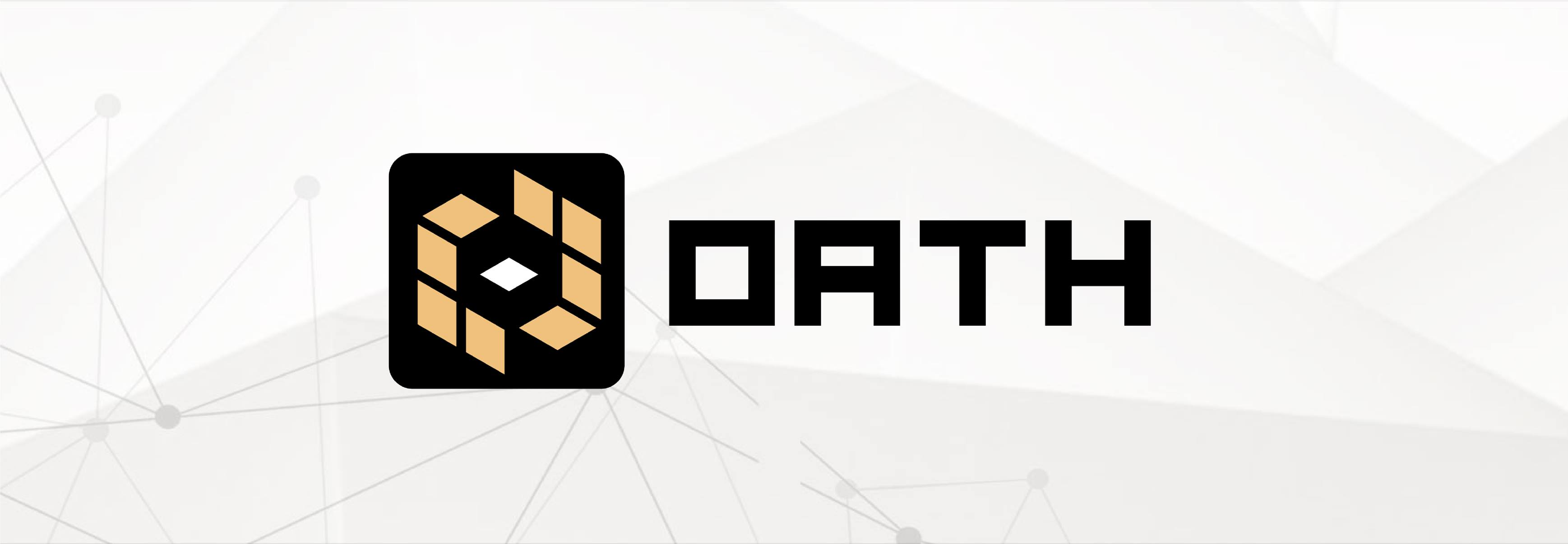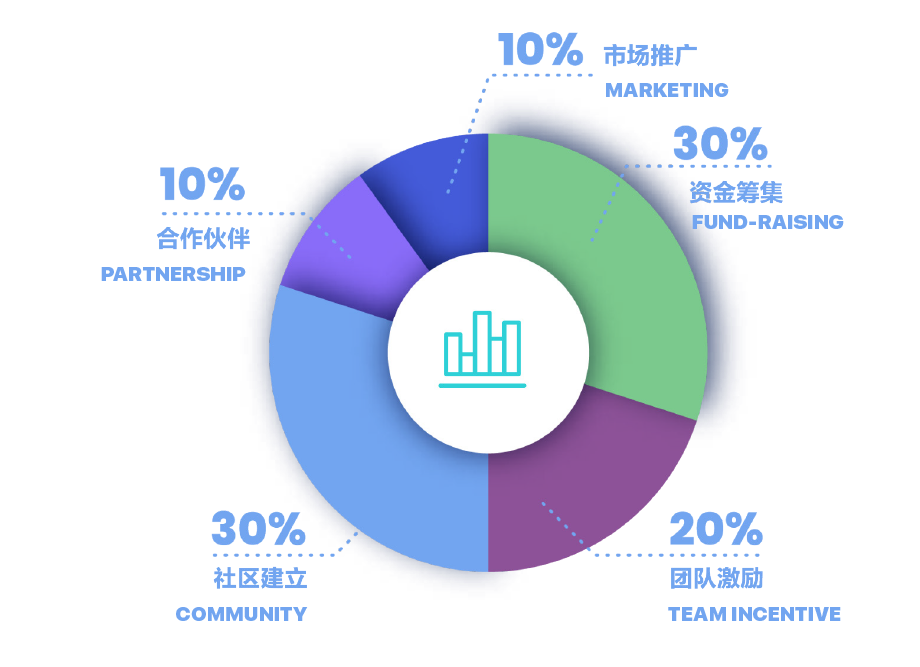New Era of Community Governance

What is OATH?
OATH’s dispute resolution protocol is modeled on the common-law jury system and utilizes blockchain, cryptographic algorithms, random algorithms associated with categories and attributes, jurors’ credit level, and case-tracking technology. OATH is building a decentralized, standard, and extensible public chain-agnostic protocol that protects dApp users’ rights and assets.
Core Concepts
USABILITY OF SMART CONTRACT
A user-friendly smart contract tool will greatly reduce barriers to using smart contracts. In addition, OATH protocol will be built into those smart contracts to protect users’ rights and assets.
DECENTRALIZED ≠ ANARCHY
A decentralized ecosystem should be governed by a decentralized community. OATH provides a standard blockchain governance protocol by organizing a decentralized jury community, comprised of members with diverse backgrounds and areas of expertise, to resolve disputes or arguments on blockchain.
CONSENSUS IS THE REAL LAW
While it is true that “code is law,” code can only be executed by the rules that are programmed into the code, and it can’t resolve any matters outside of those parameters.
Consensus is the real law because only consensus among all users is capable of resolving all kinds of matters.
SHARED COMMUNITY
DApp users are incentivized to build a healthy ecosystem. OATH invites users from different communities to not only provide governance for the dApp they support, but also for other ecosystems. This way, we can grow a large shared community.
Why OATH?
Blockchain Security should have two different layers: Technology and Governance. So far, we have only focused on information technology security, like ‘anti-hacking’ or ‘code review.’ But Blockchain Governance is just as (if not more) important because every user needs it from time to time. OATH Protocol encourages users from different communities to join us and becomes part of our OATH Jury to help with chain governance and dApp dispute resolution.
TRUST
All key data, such as the contract and relevant evidence, is hashed into the blockchain to establish a permanent, immutable record.
CONFIDENTIALITY
The jury members’ identities are kept confidential through cryptographic techniques to ensure objectivity and immunity from external influence.
DYNAMICITY
OATH’s dynamic allocation algorithm reduces the odds of the same jury members resolving multiple disputes to avoid collusion.
FAIRNESS
OATH’s categorized random algorithm, designed for reducing bias, selects jurors with diverse backgrounds to ensure fairness.
INCENTIVE
OATH’s credit level system and token mechanism work together to evaluate and motivate the jurors.
AUTONOMY
Both parties to the contract may set the details of the dispute resolution process they agree to be bound by.
TRANSPARENCY
Once the dispute is resolved, the jury’s votes and stated reasons therefor are disclosed to the community.
ARCHIVE
The contracts and dispute resolution results are encrypted and saved on the OATH Chain for future reference.
OATH Infrastructure
Extensions and Layer 2
OATH provides an interface for smart contract programming languages. All smart contracts written through the OATH interface are automatically secured by OATH’s smart arbitration plan.
OATH also provides a layer 2 library for easy dApp integration and dispute resolution via OATH protocol.
Interaction with OATH
OATH will deploy Oracle services to public chains. The Oracle service will be used to communicate between the Smart contract using the OATH Protocol and the OATH platform. External monitoring services will capture and execute the query events broadcast by the OATH Oracle. The arbitration results will be sent back to the smart contract by a 'callback transaction'.
OATH Ledger and IPFS
OATH Blocks have 2 sets of data: case information and evidence files. Case information will have smart contract content, arbitration setups, selected jury, vote, and arbitration results. That information will be encrypted and saved on the block. Evidence files will be saved in the IPFS system. We will have the hash key for the files saved on the block.
Smart Arbitration
OATH encrypts the jurors identities, so that their decision is objective and free from external influence. It uses a “categorized random algorithm” for selecting a jury group that’s free from bias, and “relational attributes” to prevent jurors from colluding. It creates a fair, justified, and transparent system. All the jurors will vote independently based on the evidence, testimony, and smart contract content.
OATH Tokens
OATH will issue 10,000,000,000 ERC-20 tokens (OATH) that facilitate engagement between participants on the platform by providing access to the platform and acting as its internal currency. OATH can be earned by acting as nodes, arbitraging contracts, or providing community services. It may also be purchased from crypto exchanges and marketplaces.
TOKEN ALLOCATION

Roadmap
2018 - Q2
Project Initiation
2018 - Q3
Team and Advisors
2018 - Q4
Partnership Network
2019 - Q1
Public Beta and Integration
2019 - Q2
Mainnet Launch
2019 - Q3
API Version and Partner Expansion
2019 - Q4
New Features
For More Information Click Link Bellow:
- Website: https://www.oathprotocol.com/en/
- Whitepaper: https://oaths.io/files/OATH-Whitepaper-EN.pdf
- Telegram: https://t.me/oathsio
- Facebook: https://www.facebook.com/oathprotocol/
- Twitter: https://twitter.com/OathProtocol
AUTHOR
BTT username: vasilisc555
BTT profile link : https://bitcointalk.org/index.php?action=profile;u=1204966
ETH: 0xe4baa1588397d9f8b409955497c647b2ede9defb
Комментариев нет:
Отправить комментарий